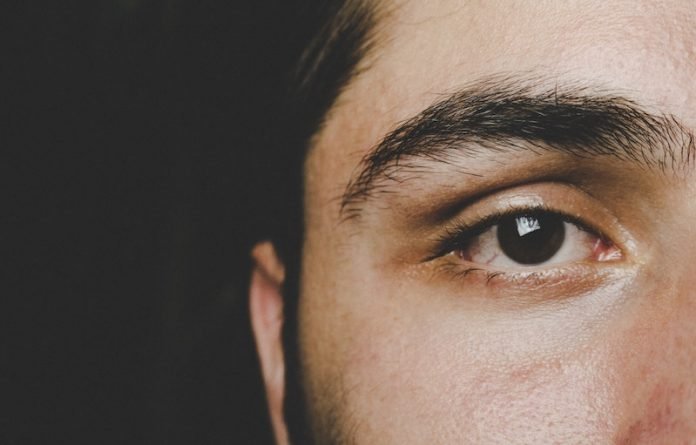
Scientists from The University of Hong Kong and elsewhere found that the electrical stimulation of the eye surface could reduce depression-like symptoms and improve cognitive function.
Major depression is the most common and severe psychiatric disorder across the world.
Recently, the World Health Organization reported that the COVID-19 pandemic had triggered a massive increase in the number of people with anxiety and depression.
About a quarter of patients do not respond adequately to the treatments available.
A recent study found that deep brain stimulation of the prefrontal cortex in the brains of animals could improve memory function and relieve depressive symptoms.
However, this technique, also known as deep brain stimulation, is invasive and requires surgery to implant electrodes in the brain, which may cause side effects such as infections and other post-operative complications.
In the study, the team discovered that the non-invasive stimulation of the corneal surface of the eye that activates brain pathways resulted in remarkable antidepressant-like effects and reduced stress hormones in an animal model for depression.
Furthermore, this technique induced the expression of genes involved in the development and growth of brain cells in the hippocampus for memory functions.
In related experiments, the team examined whether this approach could be used to treat Alzheimer’s disease, a common type of dementia with no definitive cure.
They found that this non-invasive stimulation in mice drastically improved memory performance and reduced beta-amyloid deposits in the hippocampus, which is one of the hallmarks of Alzheimer’s disease.
The team says that transcorneal electrical stimulation is a non-invasive method initially developed to treat eye diseases, and it would be a major scientific breakthrough if it could be applied to treat neuropsychiatric diseases.
These research findings pave the way to develop novel treatments for patients suffering from treatment-resistant depression and dementia.
If you care about depression, please read studies about how ketamine prevents depression, and dual treatments to fight PTSD and depression.
For more information about dementia, please see recent studies about new drugs for incurable vascular dementia, and results showing more evidence supporting the link between air pollution and dementia.
The research was published in Brain Stimulation and the Annals of the New York Academy of Sciences and conducted by Dr. Lim Lee Wei et al.
Copyright © 2022 Knowridge Science Report. All rights reserved.



